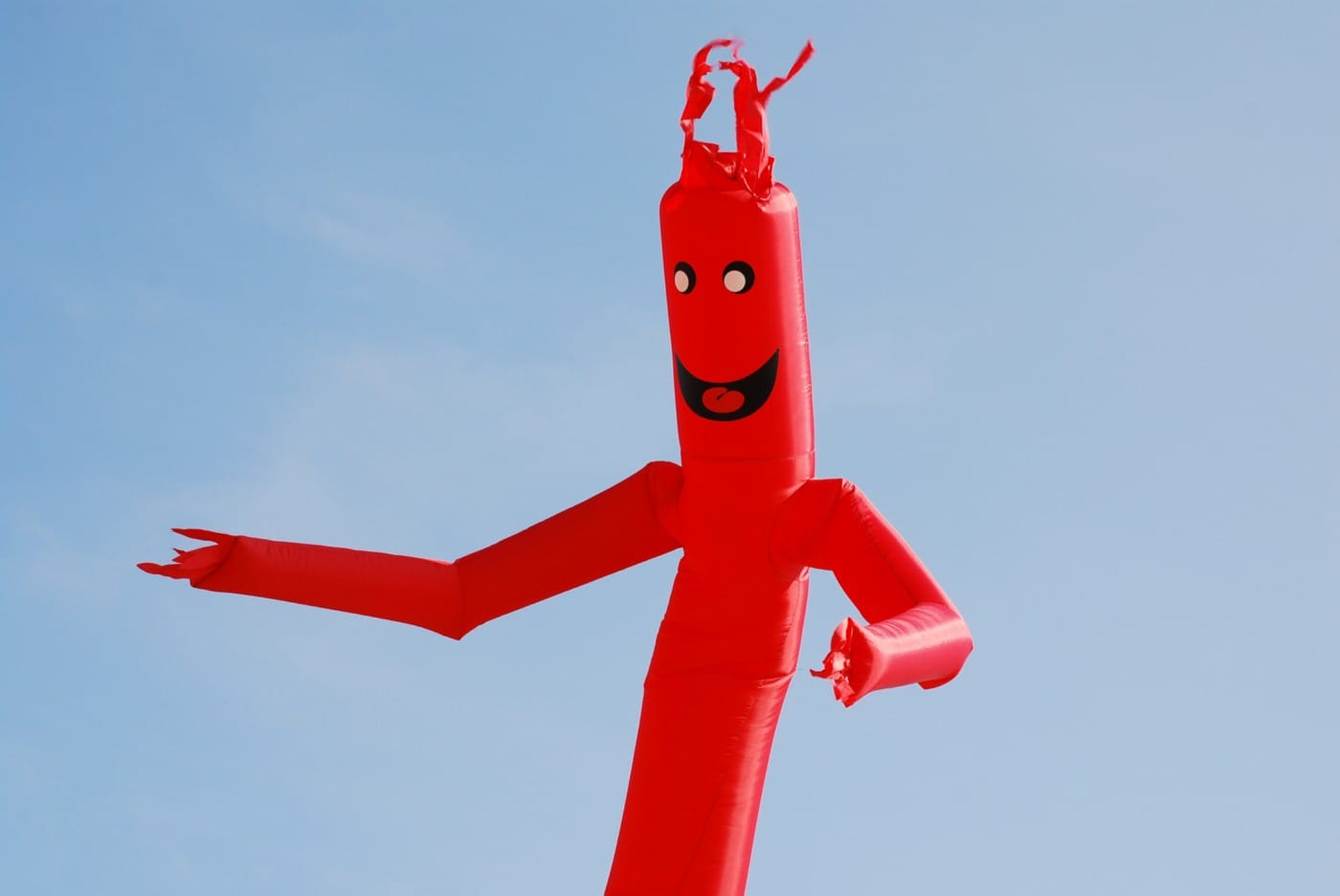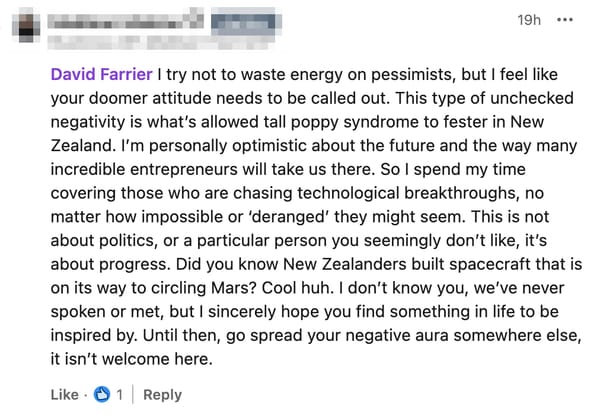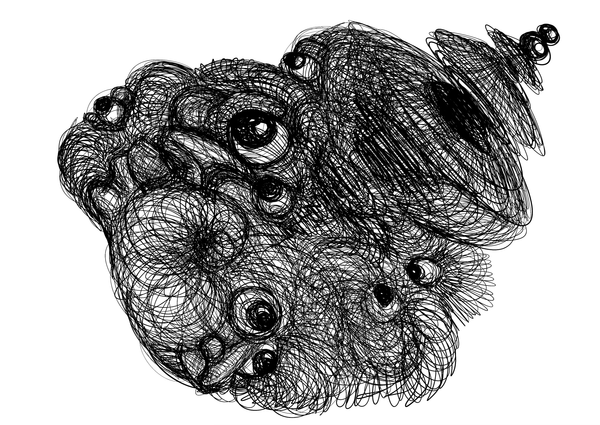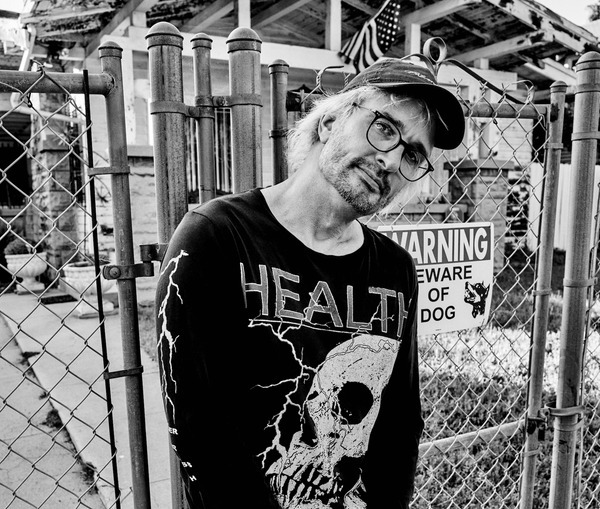Why has the world gone so horny for conspiracy theories?
I feel like I’m losing the plot so decided to talk to an expert on conspiracy theories.
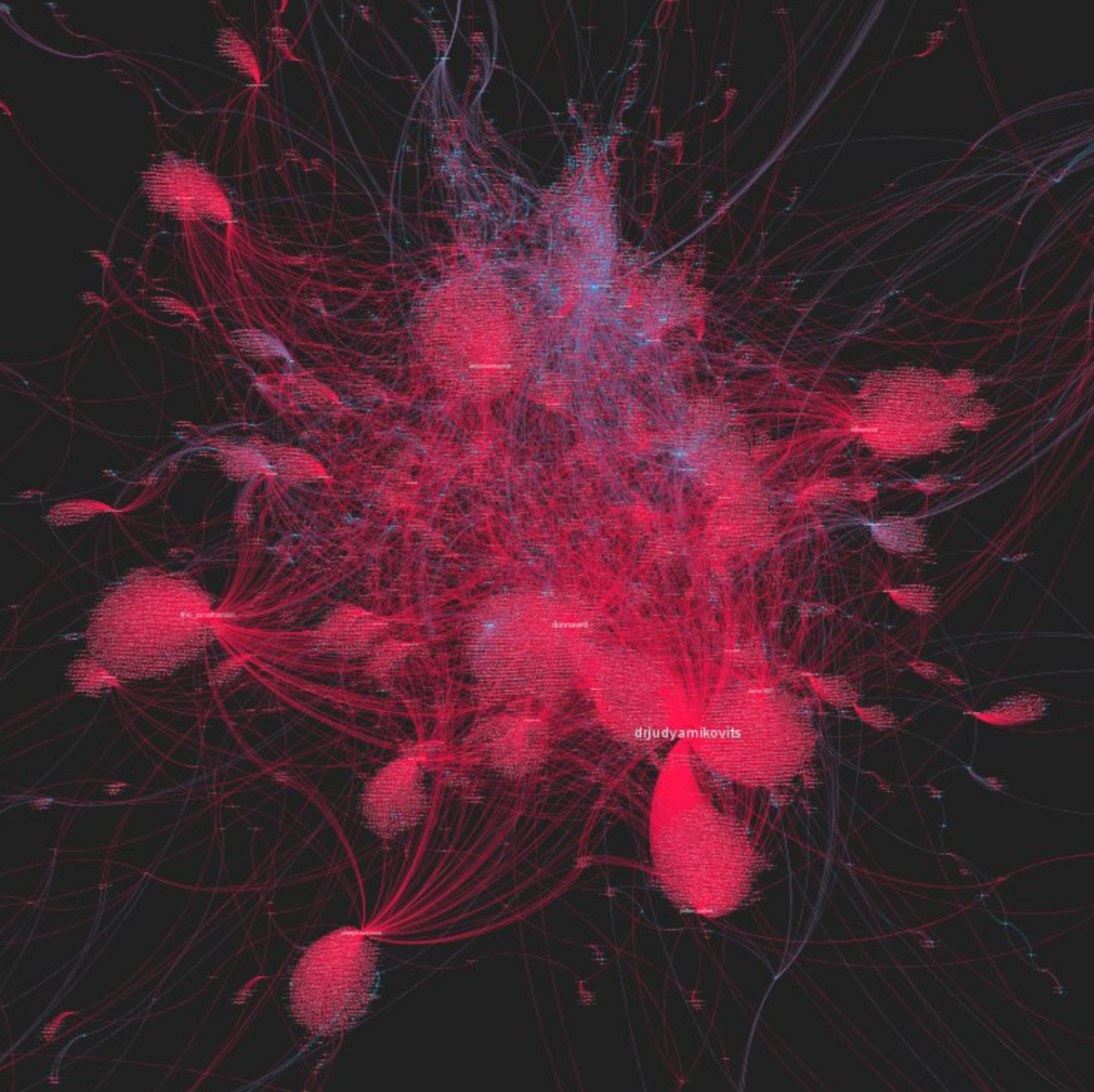
Hi friend,
I’ve been writing Webworm for about a month now, and have been blown away by the uptake & number of you subscribing! Thank you for the comments and support!
(I think I’ll do an Ask-Me-Anything on here soon, btw. So get any questions you have ready, including any cat-related ones).
I’ve written about everything from kittens, to hidden tickling cells in the US Marines, to mystery missing puzzle pieces. But nothing prepared me for the onslaught of comments I received from my “I Watched This So You Don’t Have To” pieces.
The QAnon and Plandemic conspiracy stuff seems to be on people’s minds (and Facebook timelines).
As you may or may not have noticed, the comments turned into a bit of a shit show — a giant war of opinions, about what was true and what was false. It all felt sort of hopeless to be honest, so I wanted to talk to an expert about it.
So I did.
Dr M R. X. Dentith (AKA M) is one of the smartest people I know. They have a PhD in philosophy and know more about the inner workings of conspiracy theories than anyone I know. Conspiracy theories have been the focus of their study and work for years. They live and breathe them.
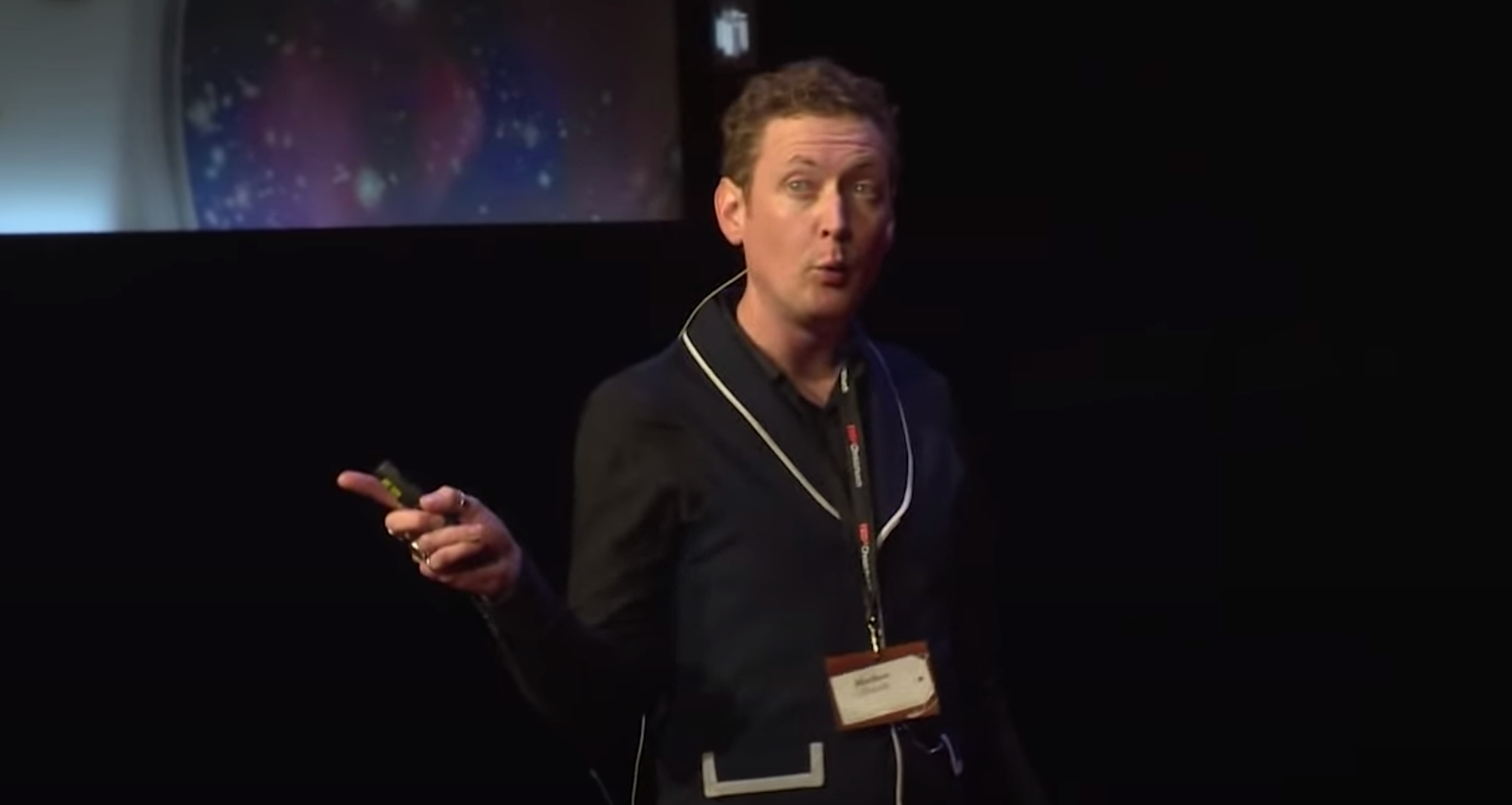
M’s written an excellent book called The Philosophy of Conspiracy Theories, and has edited volumes like Taking Conspiracy Theories Seriously and Conspiracy Theory Theory (I love that title!)
They also have an excellent podcast called Conspiracism, and one time they sat down with Killing Joke’s Jaz Coleman to talk about — you guessed it — conspiracy theories.
And while I like to think we’re friends, we’re also not (they won’t mind me saying this) particularly close, which means I’m perfectly confident they’ll call me out on my bullshit.
Like, last week I tweeted my theory about why people love conspiracy theories:
“Conspiracy people believe this stuff because it makes them feel special. When I was 13 & first got the internet, I hoovered up & believed every UFO sighting, because it made me feel special, unique & smart. I was none of these things. I was a dumbass 12 year old.”
“This covers some limited belief in conspiracy theories, but as someone who specialises in researching belief in them, not all of it, and not even most of it.”
So after writing about the QAnon ‘documentary’ and the Plandemic ‘documentary’ last week, I thought I’d ask Dr. Dentith (I like how “Dr. Dentith” makes them sound like a baddie in a Marvel film) what the hell is going on.
Hi. Look, I know you are super smart and I am doing these questions over email, so if you don’t mind keeping it simple for my dumb brain, and maybe just keeping it to a few paragraphs? I mean, just do you, but that’s my thinking on this. Is that okay?
Verily! I shall endeavour to speak plainly and not engage in excessive or bounteous verbiage; there will be no clever or abstract sentence constructions. The subscribers of your internet pamphlet will be most elucidated by the answers forthcoming!
Ahem. Sorry. Yeah, sure!
Alright. I feel like the world has gone particularly horny for conspiracy theories right now. Am I imagining this or no?
Yes! And No! No, because despite appearances, we actually might be living in one of the least conspiratorial ages in recorded history. Joe Uscinski (who was one of the people behind that recent Pew Research Center poll on American belief in COVID-19 conspiracy theories) co-authored a book, American Conspiracy Theories, which looked at attitudes towards conspiracy theories in the US over the course of the last century, and it looks as if their popularity has been declining since the 1960s.
But also yes! For one thing, Joe’s book predates Trump becoming president, and politics does seem to look very different now, what with the Commander in Chief also being the Commander in Conspiracy Theories.
But even if conspiracy theories aren’t as popular or common as they used to be, they still turn out to be very notable when we encounter them. After all, when violent crime is down, reports of violent crime go up because it becomes more newsworthy.
In the same way, if conspiracy theories really are less common, they are certainly very much worthy of note at the moment.
My hot take last week is that people are hoovering up “Hilary-Clinton kiddie-porn-dungeons” and “COVID-19-was-invented-by-the-Deep-State” because they enjoy feeling that they have hidden, special knowledge. That they have the truth, unlike the rest of us idiots. It makes them feel special. But you said it’s not that simple. I guess my question is - why are people believing this stuff?
Read. My. Books! But seriously, there’s a lot of factors. I’m a philosopher rather than a psychologist, so my interest in what drives belief in conspiracy theories is what makes them ever rational to believe (and why we might be right to treat some of them as the kind of thing a sensible person should go “Oh noes!” too).
So, my work tends to focus on how people argue for or against particular conspiracy theories, looking at what assumptions they bring to the table (i.e. just how common they think conspiracies are; what kind of culture they live in; that kind of thing), the kinds of evidence they use and the experts they prefer, and how people compare and contrast rival explanations for the same event.
Sometimes people do a really good job and detect actual conspiracies (think of Woodward and Bernstein investigating the break in at the Watergate Complex, or the Dewey Commission taking a second look at the Moscow Trials of the 1930s).
Sometimes people don’t… look at InfoWars and their roster of “talent.”
This isn’t to dismiss the psychological factors which may or may not drive belief in certain kind of conspiracy theories; it’s a bit hard to look at what Alex Jones is putting out and not think that he might be a bit troubled (especially with his recent claim he’ll eat his neighbours post the apocalypse).
But it’s important to remember that most conspiracy theorists are not Alex Jones’ or David Ickes; most people who believe some conspiracy theory look just like you and me — because they are you and me; it’s hard to find someone who doesn’t believe some conspiracy theory, whether it be the US and the UK conspired to come up with a cover story to hide their real reasons for the invasion of Iraq in 2003ACE, or that the US government is hiding the existence of Bigfoot.
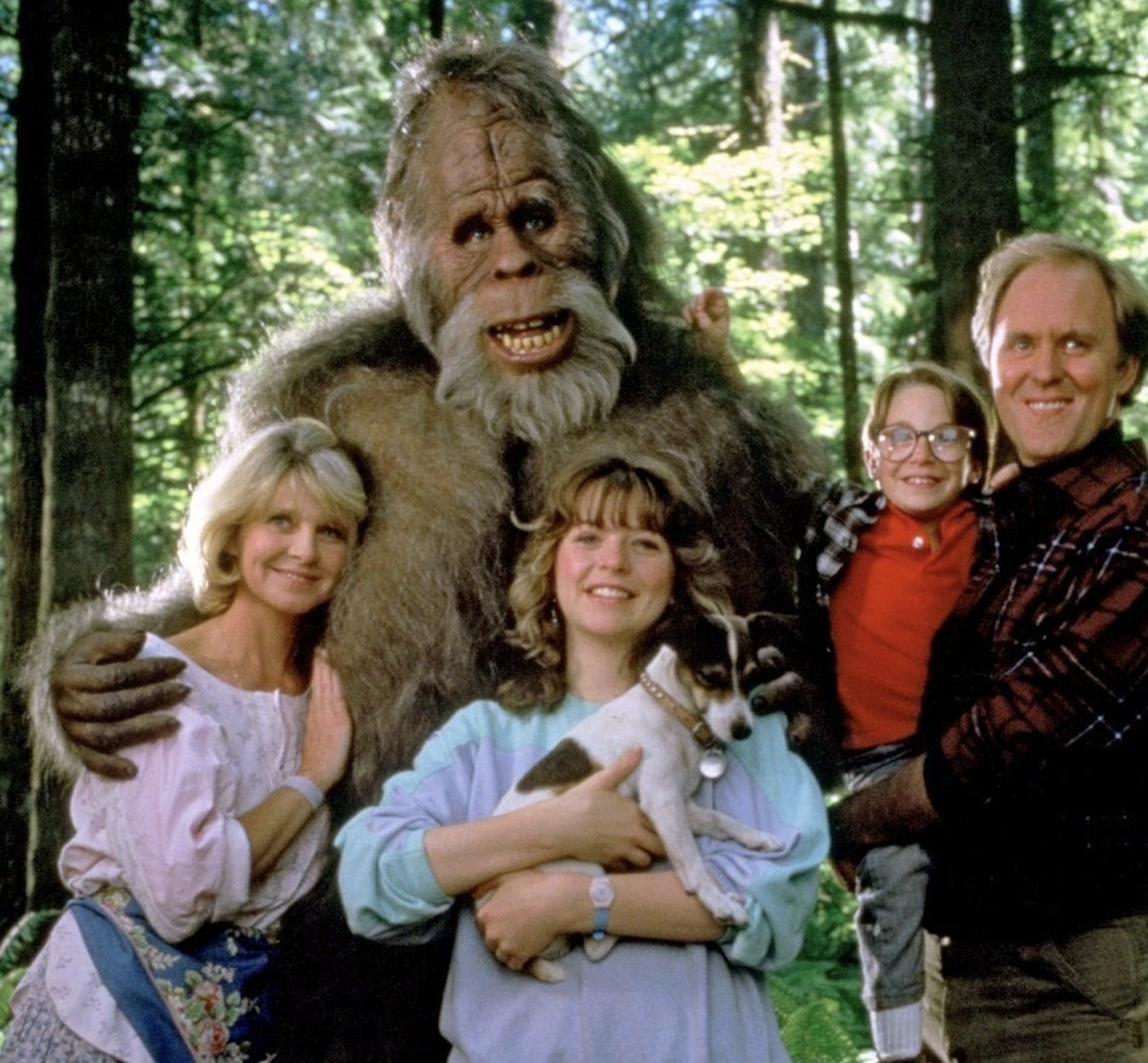
Okay. So years ago I used to love talking about conspiracy theories. Theories around JFK. “Who shot the bugger?” “Was the moon landing fake?” That sort of thing. And Bigfoot! But I feel now conspiracies are so mean spirited and awful. Like Alex Jones telling Americans that the parent of a kid gunned down in a school shooting is faking it all. That they’re a crisis actor. Or that my friend on a ventilator, almost dead from COVID-19 in New York… was making it all up. It’s all so nasty. Why are things so fucking nasty now?
Part of it is just increased political polarisation. Conspiracy theories range from small claims about covering up some local scandal to big claims about authorities using the COVID-19 pandemic to usher in global communism. We tend to be more interested or concerned with political conspiracy theories because political conspiracies are the kind of thing we should be concerned with.
So when conspiracy theories become a way in which people like Trump communicate to their base, things will get nasty. In the old days (pre-2016; what a time that was!) it seemed like politicians might dogwhistle towards some conspiracy theory about their opponents, but they never explicitly endorses them.
Now we have several leaders (Trump in the US; Viktor Orbán in Hungary, etc.) who not only endorse conspiracy theories about their opponents, but generate new ones. It’s dirty politics.
Is Trump to blame? I am talking about the whole “fake news” thing. I am invested in this, because I come from a newsroom background, and I know how important it is to have the resources and editors and producers behind reporters to fact check and dig and speak truth to power. And somehow this “fake news” motif has spread and now nobody trusts any news organisation. And then it’s lead to people thinking there is no objective truth anymore. Which has led to people inevitably doing their own “research”. And here we are. Here we fucking are.
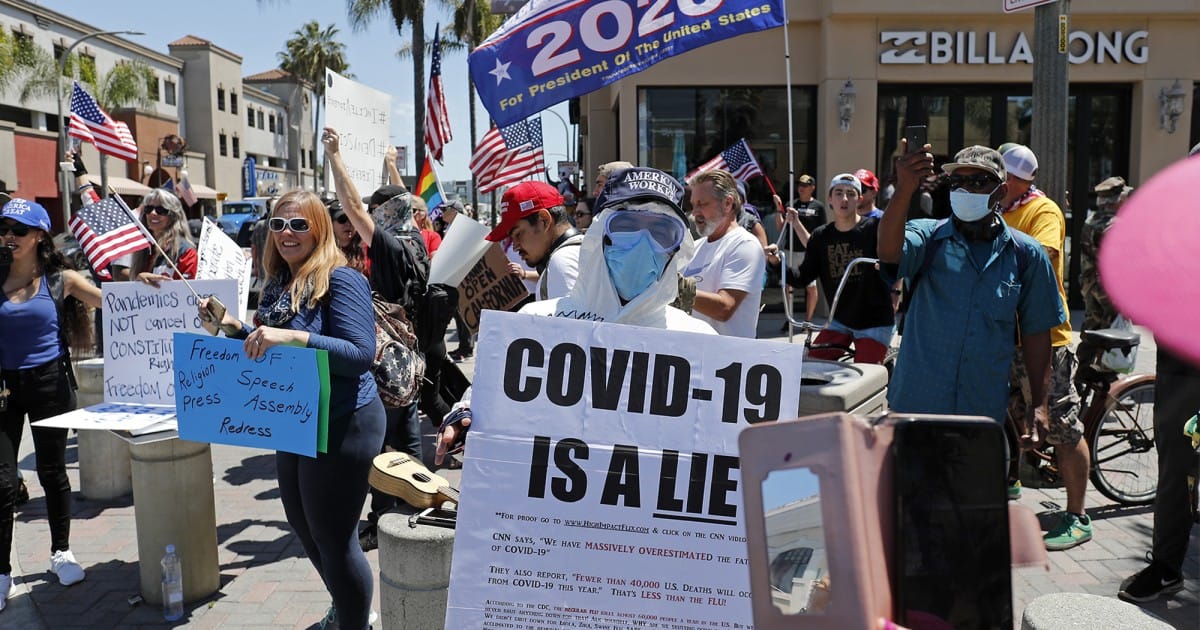
Trump isn’t helping, but Trump is more a symptom than a cause. This isn’t to say we should shift the blame away from the Trump Administration; Trump’s weaponisation of the claim “That’s fake news!” is a terrible thing. But fake news has been with us probably for as long as the news itself. Indeed, here’s a cartoon from 1894 about fake news.
Long story short; over the course of the middle to latter half of 20th Century people came to the realisation that experts and authorities weren’t necessarily to be trusted.
You had medical conspiracies (the Tuskegee syphilis experiment in the US; the Unfortunate Experiment in NZ); political scandals (the Profumo Scandal in the UK); political conspiracies (Watergate; the Gulf of Tonkin Incident) that made a lot of people go “Huh! They can’t be trusted…”
So while some people blame this on “Post modernism”, “Cultural Marxism” or some other enemy of “reason”, the truth is we’ve seen the same old complaints about people not trusting evidence or experts going back as far as we have recorded history.
Going on from this… facts. I wanna talk about facts. Because in the olden days — like back in 2015 — you’d point to facts and evidence to rebut someone’s ridiculous conspiracy theory. But facts don’t work anymore because facts are dismissed as “fake news”, and you’ll just be told to “ask questions” and “do more research”. I suppose my question is - has conspiracy culture ruined facts?
Facts are fine! Well, they are the same as they ever were.
But it’s true that facts might not be enough; sometimes we have to tell stories which appeal to people’s values.
After all, facts don’t tell you the whole story; in Philosophy there is this thing called the “underdetermination thesis”, which is the idea (crudely) that evidence doesn’t decide which theories are true; our idea of what theories we think of as true decides what actually counts as evidence.
So, if you give two people with different theories the same evidence, you will find that they will make the evidence fit their theories rather than necessarily agree that one theory is correct.
This rather suggests we need to appeal to something more than just facts when appealing against claims we disagree with. There’s quite a lot of work being done on this, including by our own Dr. Jess Berentson-Shaw here in Aotearoa New Zealand.
Also, it’s important to note that this isn’t just a problem when dealing with certain conspiracy theories; this is a problem in politics, in sociology, even in academia.
It’s a problem everywhere.
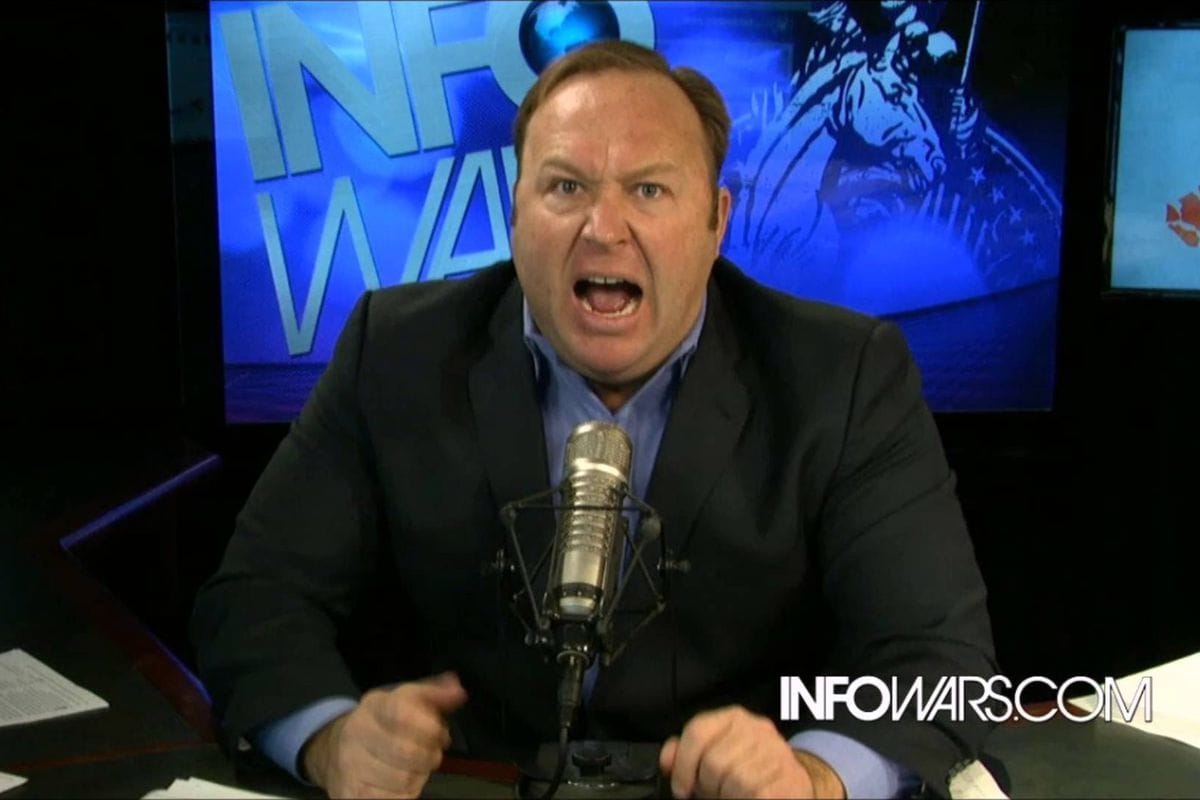
Is this a mental health issue? I think maybe that’s unfair in a way, because perhaps for some it is a mental health issue… but then I know people with mental health issues who of course go, “Plandemic is clearly bullshit”. But I read some comments from someone who said a doctor friend told them COVID-19 is fake, or lab modified, or isn’t deadly. And I think the only way they could have latched onto that misinformation so fast is some kind of mental health issue.
It’s tempting to blame other people’s seemingly bad views on their psychological make-up or mental well-being, because, well, it’s often hard to see how people could reason to a conclusion we think is obviously terrible.
Often, however, what drives belief in conspiracy theories is how people view the world, and thus how they interpret evidence about the world.
Think of it this way: if you grew up in a society where political cover-ups and conspiracies were common, you’d be foolish not to suspect cover-ups and conspiracies here-and-now; if your society is heavily conspired then being a conspiracy skeptic would be weird.
Our assumptions about how the world works tend to drive how we interpret the world, and if you have been fed a diet of propaganda against China, or been told by your trusted president not to rely on the advice of scientific experts, then you are likely to adopt views that people who haven’t had the same diet might reject.
I am fairly cynical. I didn’t used to be. I grew up fairly religious, and also for quite a big period of time I was really into the idea of Bigfoot and the Loch Ness Monster. But as I’ve gotten older, I am aware I am now actively rallying against bullshit made-up creatures. I feel annoyed I was into it for so long. Like I lost some good years of my life in a fantasy land. So now I want to shut bullshit down. But I am aware going around posting “Fuck off!” and “Idiot!” on people’s Facebook walls is not too productive. But I’m doing it. I feel… mad. Frustrated.
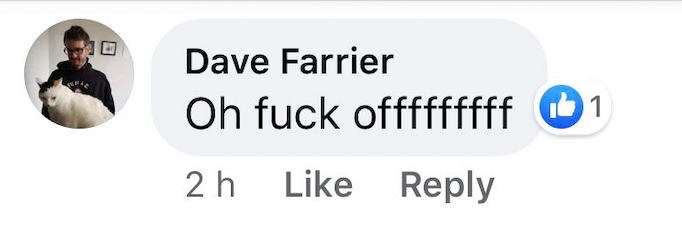
And then I read this thing on Forbes which tells me to be kind and caring:
“First, don’t call them or the video crazy. Don’t chide them or mock them for sharing it. And don’t insist they delete it immediately or tell people not to watch it—that just makes it forbidden fruit, which is all the more attractive.”
… but I don’t buy that either. Because it feels like by the time people believe that COVID-19 is not real (and telling me the deaths of hundreds in cities like New York is not real) it’s too late. So what can I do, but rage against it? What do you suggest? How do we engage with this stuff?
I know how you feel, especially since I tend to write about how conspiracy theory and conspiracy theorising is not inherently bad... but then you see people taking seriously quack cures for autism or COVID-19 (which are based upon “Big Pharma” conspiracy theories) and you go “Aarrgh!”
Although your worry about how we respond to these things in a crisis is the big question, right?
Yep.
I know it seems counterintuitive, but the evidence really does seem to suggest that one way to change hearts and minds is to use the “truth sandwich” approach: start your discourse with the truth, then state the claim you want to challenge, and finish off with a refreshing restatement of the truth.
I like to think of it this way; we’ve been shouting at and mocking conspiracy theorists for a long time now. It’s possible it’s worked for the most part (if we accept that belief in conspiracy theories is historically relatively low), but maybe we should try a different approach, because it’s obvious the old ways aren’t necessarily working for everyone.
Unfortunately, all these processes take time, and we might not have that time to slowly persuade someone not to drink bleach in order to cure their COVID-19 infection.
Unfortunately it’s not clear how to do this stuff effectively in a crisis, largely because we’ve kind of failed to work out to do this stuff effectively outside of a crisis.
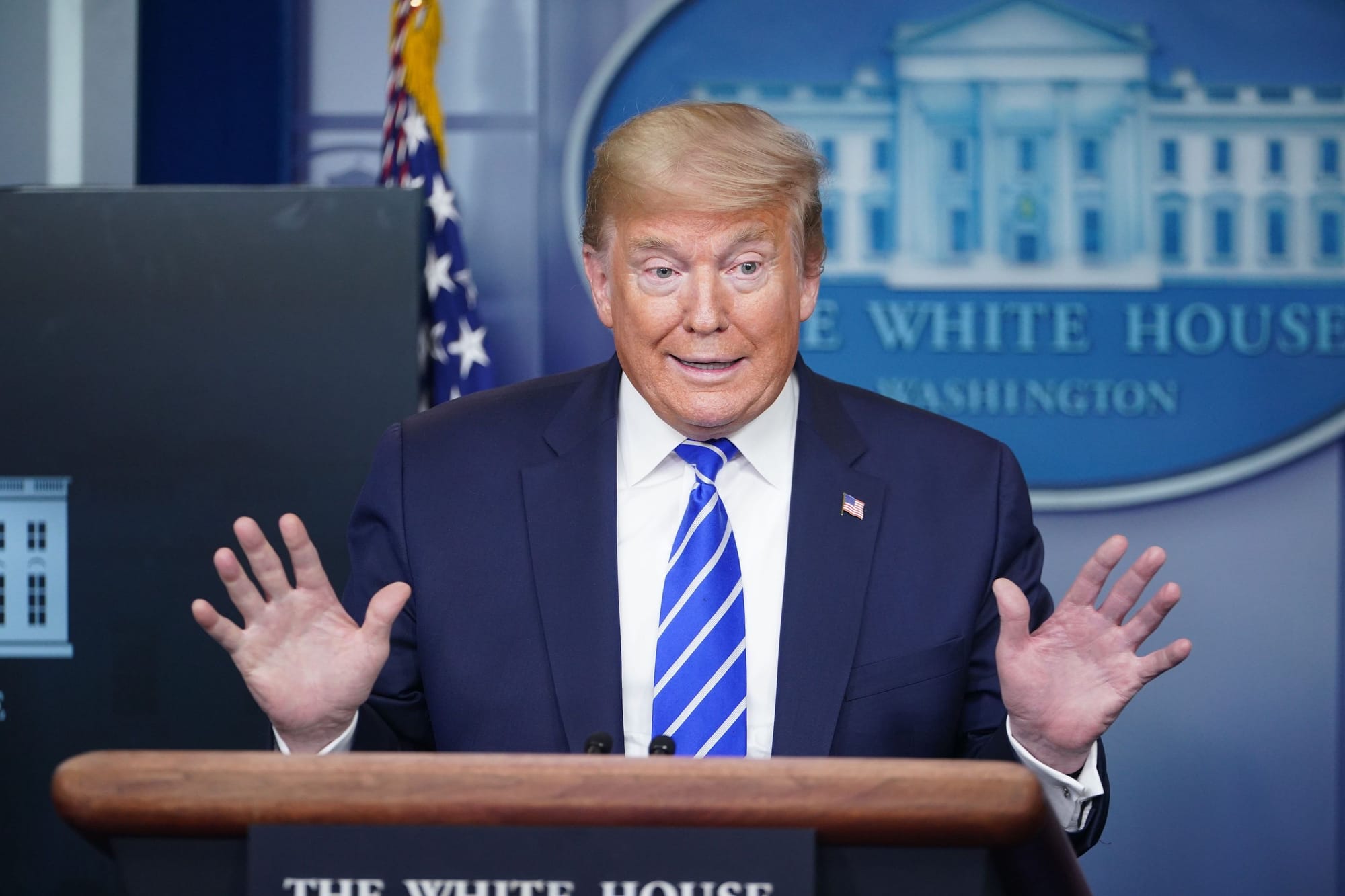
Is this going to get worse? Like - eventually, will my entire Facebook feed just be videos that are clearly utter bullshit, and everyone believes it, because there’s no such thing as facts anymore?
Unfortunately, that’s largely due to algorithms picking out the content the machines think we want to see. Unless we get Facebook, Google, and the like to open up how their algorithms work (so we can see just what the algorithms are selecting for) this problem will probably go no matter how we are dealing with certain conspiracy theories elsewhere.
How do you cope being immersed in this stuff? For the last month - for the first time - I’ve really engaged with this world. I’ve watched a shitload of YouTube videos, I’ve listened to about 70 hours of The QAnon Anonymous Podcast, and I’ve watched these ‘documentaries’ and read far too many comment sections. And I feel angry. I feel annoyed. I usually have a sense of “fun” in this stuff - my whole career is based around going down “weird and quirky” rabbit holes. But this just feels… bleak. Because this misinformation is leading directly to harm. Whether it’s health risks from people who feel they don’t need to practice social distancing, or it’s someone taking a rifle into a pizza joint to try and free non-existent kids locked in a basement, or derailing a fucking train. How. Do. You. Cope?
I lost the human ability to feel years ago!
But seriously; my work tends to be fairly theoretical, given I look at the arguments around the theory of conspiracy theories themselves (what is increasingly being called “conspiracy theory theory”, which makes me a “conspiracy theory theorist”), so I’ve managed to somehow maintain the ability to read this stuff for research purposes without getting too invested in individual theories.
I suspect (having spoken with my colleagues who also study this stuff) that we’ve all managed to shift into that cliche of the morgue attendant in US procedural dramas: we’ve gone through the other side, and emerged as these somewhat weird people who manage to see the lighter side in even the most bizarre Alex Jones rant.
I am trying to end on a positive note. Your PhD is called In Defence of Conspiracy Theories. I have to admit, I have not read your PhD. I’m sorry. But I guess, going on the title, I want to ask you: Can any good come from any of this?
Yes. In a world were we treat conspiracy theories seriously and don’t just dismiss them because they have been labelled as a “conspiracy theory”, we can treat them like any other theory and analyse them on their merits.
After all, we should be concerned about conspiracies, because conspiracies happen.
Not just that, but political conspiracies are the kind of thing we ought to be on our guard about because we should want to live in a world free of such conspiracies. The only real way to achieve that is to allow people to theorise and investigate claims of conspiracy (AKA conspiracy theories).
Sometimes that means we’ll get a few Alex Jones’, David Ickes, or Lyndon LaRouches, and that’s probably a cost we need to bear. After all, I’m fairly sure we aren’t controlled by alien, shape-shifting lizards who hold this planet in a kind of hologramatic prison (ala David Icke).
But I’m only fairly sure about that because I’ve spent a lot of time (possibly too much, really) reading about it, going to talks about it, and getting to the bottom of the arguments about it.
I mean, if it turns out he’s right, then that seems like something we ought to do something about. As you can see, “V: The Miniseries'' scarred me for life.
Thanks, Dr Dentith. Your restraint and sense of humour in this murky mess is a godsend. Thank you. In saying that, if it turns out those in power are all lizard people, you’re gonna have a lot to answer for.
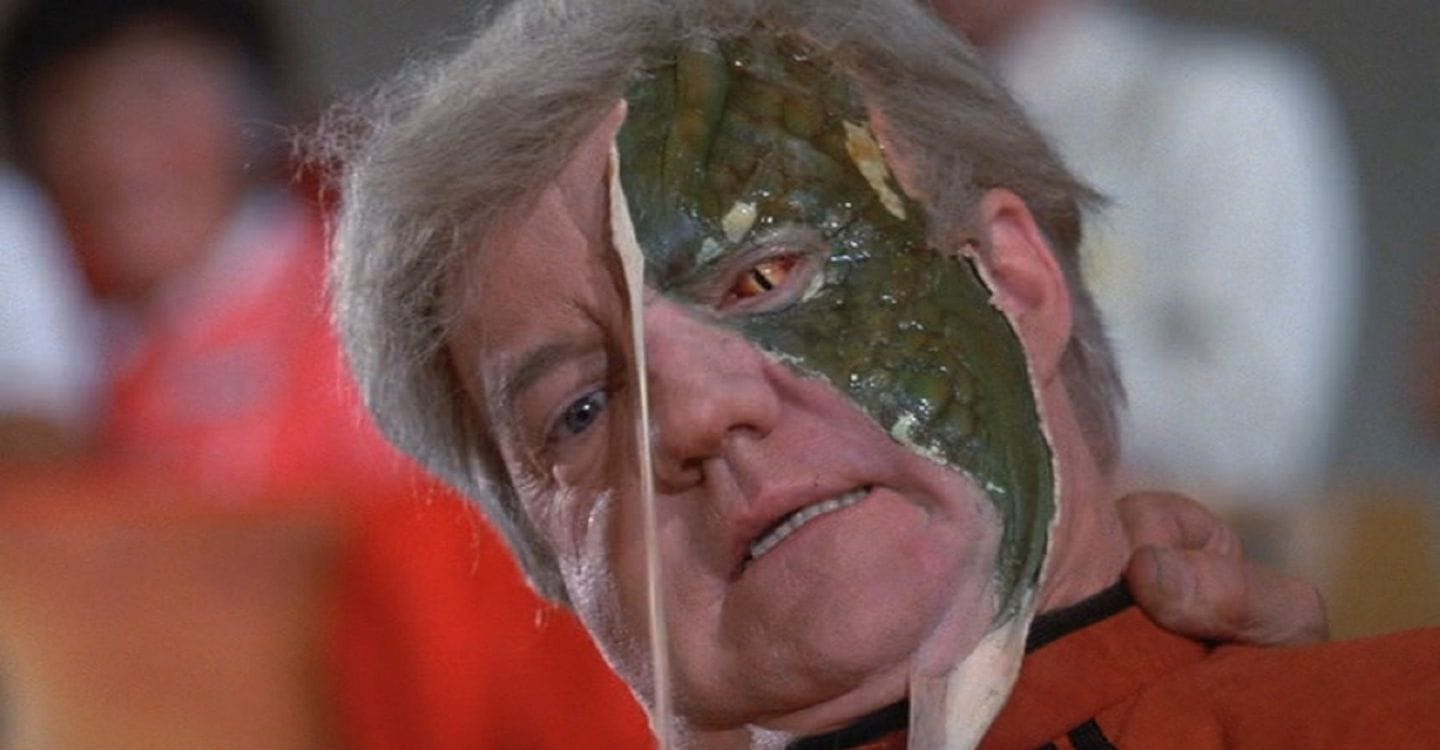
I hope this helped. Some smart, grounded thoughts on this whole mess. If you liked what you read, please share it. This newsletter needs you to spread it.
With that in mind, if you want to get an idea of how Plandemic spread so fast on social media, Marc Owen Jones has been crunching some data and visualising it in some very pretty ways.
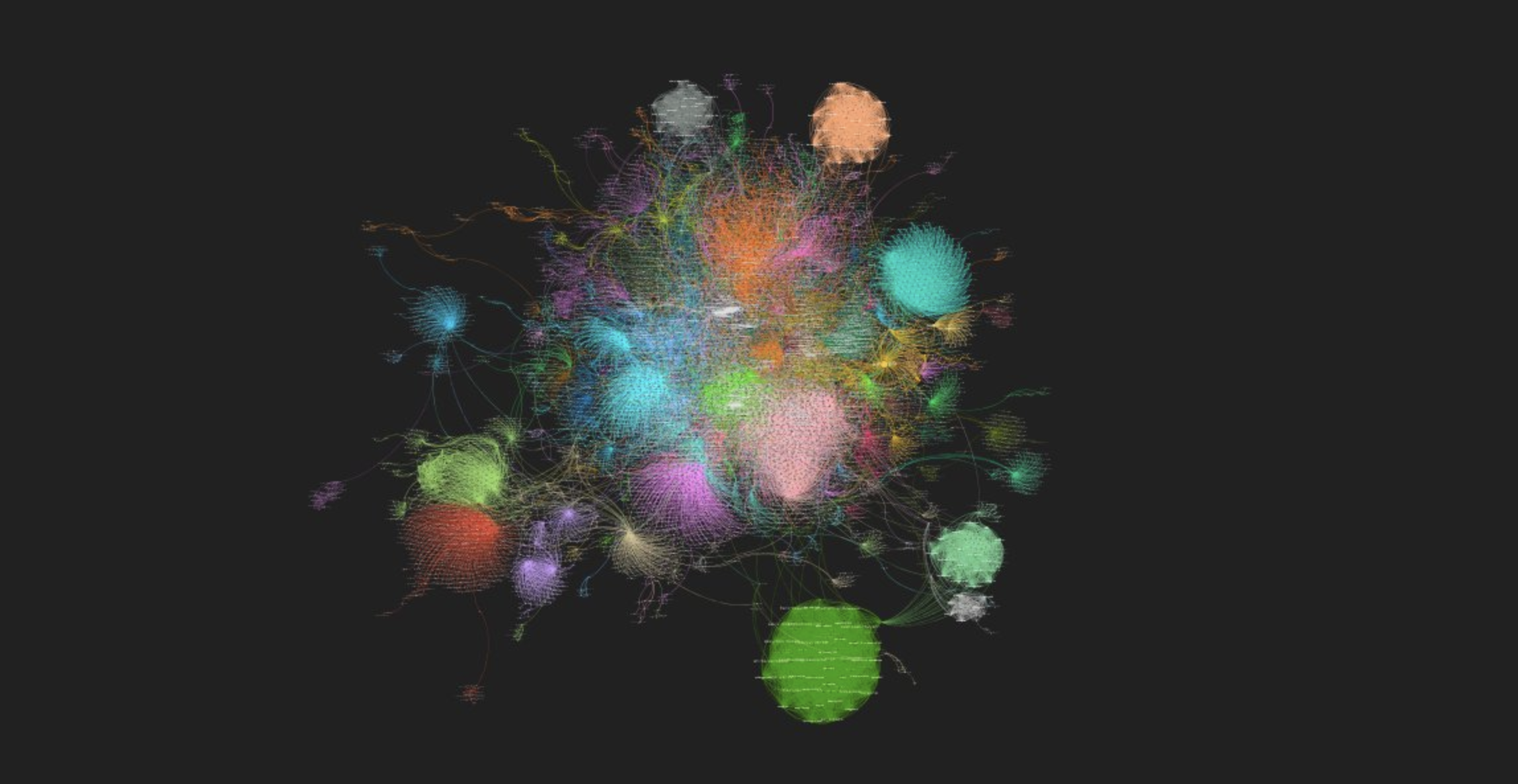
This is what the spread of health misinformation looks like! As awful as it is, you have to admit it’s quite pretty:

If that doesn’t help calm your frayed nerves, maybe this beautiful piece by Rutger Bregman in the Guardian will: The real Lord of the Flies: what happened when six boys were shipwrecked for 15 months
(I guarantee a bidding war will be raging for the film rights to this one!)
And check this article out, too: My Dad Helped Bring Inflatable Flailing Tube Men to Life. It made me smile, and reminded me of simpler times.
And after reading it, I discovered a magic trick:
Those people screaming that no-one’s actually died from COVID-19? And that Hilary Clinton is locking kids in basements? And that you are an idiot who just needs to do your own research?
Just picture them as tube men… and feel less annoyed.
xDavid.
